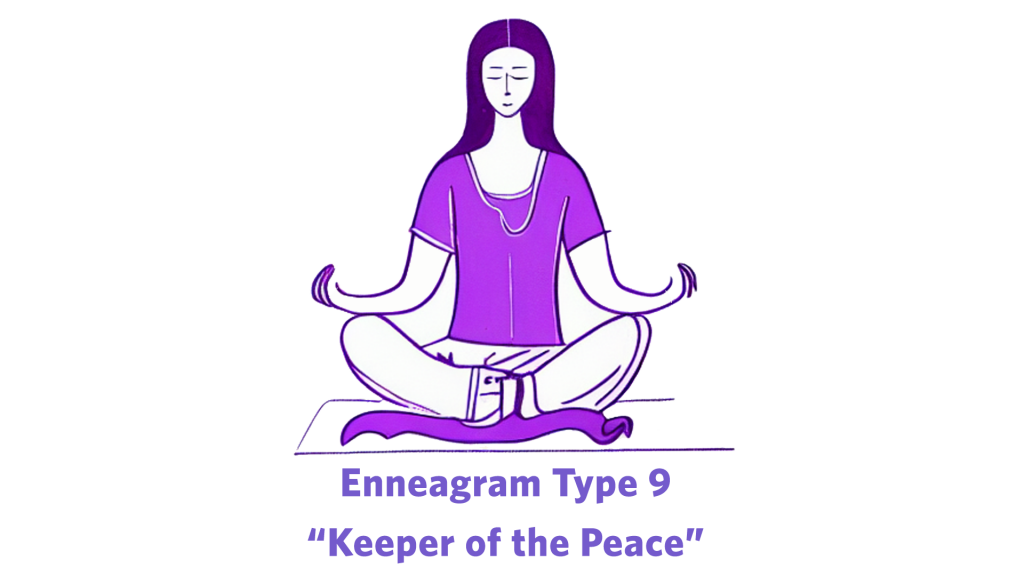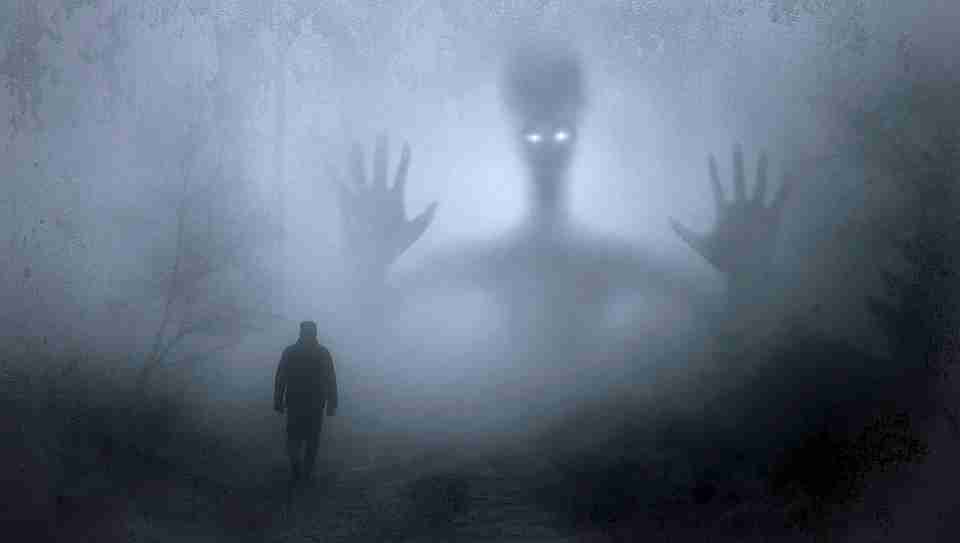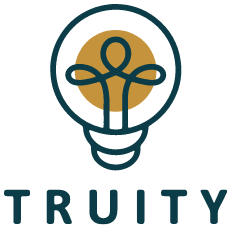If you’re familiar with the Enneagram personality system, you know that just as a core motivation drives each personality type, so does a basic or enneagram core fear.
Your enneagram basic fear is what makes you do certain things and keeps you from doing others. If you’re wondering what your Enneagram core fear is, this article should give you a good idea.
Enneagram Basic Fears
Type One

Type one, also known as the “Advocate”, is a type that sets exceedingly high and often unrealistic expectations of itself. Righteousness and striving to do the right thing are what drive this type, which makes their biggest fear of being “wrong” or being seen as “bad”. They also don’t like feeling incorrect, immoral, unethical, or inappropriate.
Tell a one they’re wrong at your own risk—this type sits in the Gut Triad (a.k.a driven by anger)!
Type Two

To paraphrase the wise words of Michael Scott, this type likes to be liked, enjoys being liked, and has to be liked!
Type twos thrive on being needed and appreciated, so its biggest fear is being unlovable, unloved, and unwanted. Also known as the “Wingman”, this type spends all its time caring for others, thinking that as long as it does this, it will be loved.
Type Three

Threes are the “Pioneers” and live off the joy that a sense of accomplishment brings with it. Threes are determined and goal-oriented, craving recognition and trophies—objects that threes assume will earn them love. Therefore, this type’s biggest fear is feeling worthless, not being admired, and not being valued.
Type Four

Type fours are also known as “Flying Solo”—this should tell you just how much this type values its identity! Fours are always intensely looking for their unique purpose and their enneagram fear is to be someone without an identity; one who has no meaning or significance.
This also means that they fear being flawed, defective, or common.
Type Five

Also known as the “Scholar”, fives are extremely cerebral. They’d rather be occupied with learning something new than socializing somewhere, just like The Big Bang Theory’s Sheldon Cooper.
If you know Sheldon, you also know fives can frustrate you with how scattered, eccentric, and isolative they become when in fear. Their enneagram fears include being incompetent, unknowledgeable, useless, ignorant, invaded, incapable, and helpless.
Type Six

Type sixes, the “Dependable”, are the sweethearts of the Enneagram system, always supported and kept secure by those around them. Take away this security and support and sixes will flail like a sinking person without a life jacket.
Sixes are also hard-working, responsible folks, who pride themselves on foreseeing what could go wrong in a situation. Based on these two factors, a type six’s enneagram core fear is being without guidance, direction, security, or support.
Type Seven

Sevens are also the “Aficionados” who love adventure and activity. They have a zest for life and want to experience and enjoy everything that it offers.
However, as the joke goes, the secret to a seven’s fitness is running from their problems every day! Sevens fear being in emotional pain and seek to avoid it. They also fear being limited, bored, and deprived.
Type Eight

The “Rival” is all kinds of assertive, self-confident, strong willed, and resourceful, and often seeks to be in control of itself and its environment. Protective and heroic, this type fears being harmed or controlled by others just as much as it fears being weak, manipulated, vulnerable, and powerless.
Type Nine

Type nines are the “Keepers of Peace”, always in harmony with themselves, those around them, and their environment. The glass is always half-full for these conflict-hating folks who will do anything to make things run smoothly.
Therefore, nines fear conflict, being overlooked, being shut out, losing connections, and being in tense situations.
The Final Word
And there we have it—basic Enneagram fears. This isn’t to say that a personality can’t experience more than one fear; it absolutely can and will, as these are all very real, human fears that most of us feel or have felt at some point, often simultaneously (denial does you no good).
However, according to the Enneagram system, only one core fear can drive you, which is what we’ve explored above. Your core fear could also be completely different from what your Enneagram dictates it should be—don’t worry about it. Whatever your fear ultimately turns out to be, the aim is, and always will be, to overcome it.

